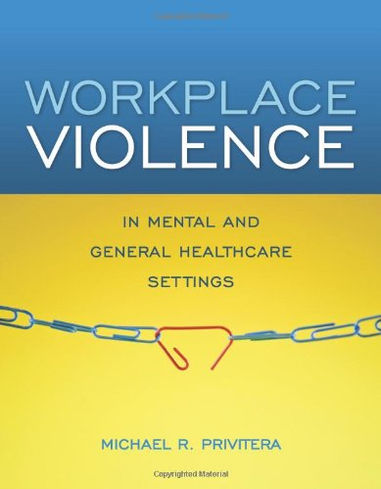
As the landscape of service delivery continues to evolve, more professionals are engaging with clients in dynamic, non-traditional environments — ranging from private homes and public spaces to streets, shelters and encampments. These settings can present unpredictable challenges and heightened safety risks for community workers.
Despite having access to general crisis intervention and violence prevention training, many frontline staff report that such programs do not sufficiently address the unique realities of working in the community. Factors such as isolation, limited immediate support, and the lack of environmental control require a different set of skills and strategies.
The Safe Strategies for Community Workers training was developed to respond directly to this gap. It offers practical, situation-specific guidance to enhance personal safety while empowering workers to make informed, confident decisions in the field. By focusing on risk reduction, situational awareness, de-escalation, and safe exit strategies, the training helps to create a safer, more supportive environment for both staff and the individuals they serve.
Our approach builds on existing best practice, ensures legal compliance and enables staff and organizations to create strong platforms to identify and reduce workplace safety risks.
Rationale
The primary goal of the Community Worker Safe Practices workshop is to cultivate a higher degree of personal self-awareness and increase self-confidence when working in the community, on the street, and/or while visiting clients in their homes.
This training complements our Trauma-Informed Crisis Intervention program and is ideally paired with it to provide a more comprehensive understanding of both behavioral responses and environmental safety. However, it also stands alone as a valuable and effective training for any organization seeking to better prepare staff for community-based work.
Target Audience
This training is ideally suited for:
Housing workers
Community mental health professionals
Community healthcare providers
Community support workers and case managers
Child Protection Workers
First responders (police, paramedics, firefighters)
Social workers and counselors
Anyone involved in crisis response and intervention in a community setting.
Process
Learning Outcomes
Participants in this training can expect to build capacity in the following areas:
Self-Awareness & Survival Intuition – Become “fully present” in potentially unsafe situations when working in the community.
Assessment Tools - Predict and recognize warning signs of violence and minimize risk.
Strategy Implementation – Maximize personal safety in unsafe environments.
Professional Competency - Opportunities for participants to maximize their professional competencies, resiliency and well-being via their work in the community.
Organizational Tool Development – The training will support the creation of effective tools for an organizational approach to community safety.





